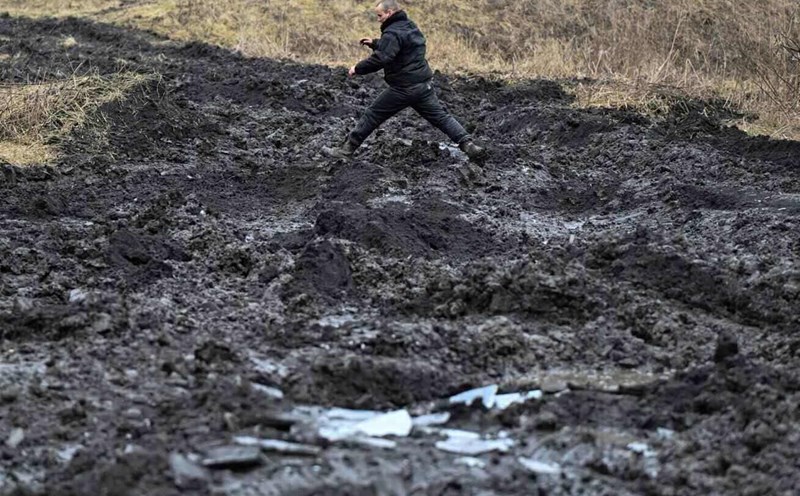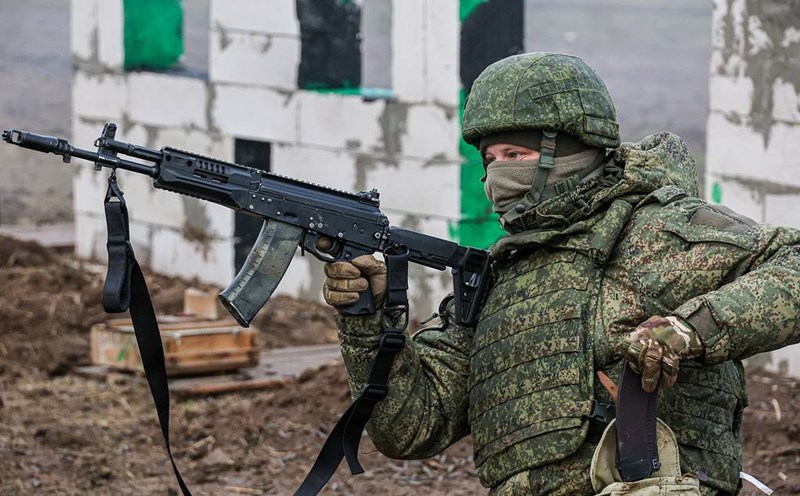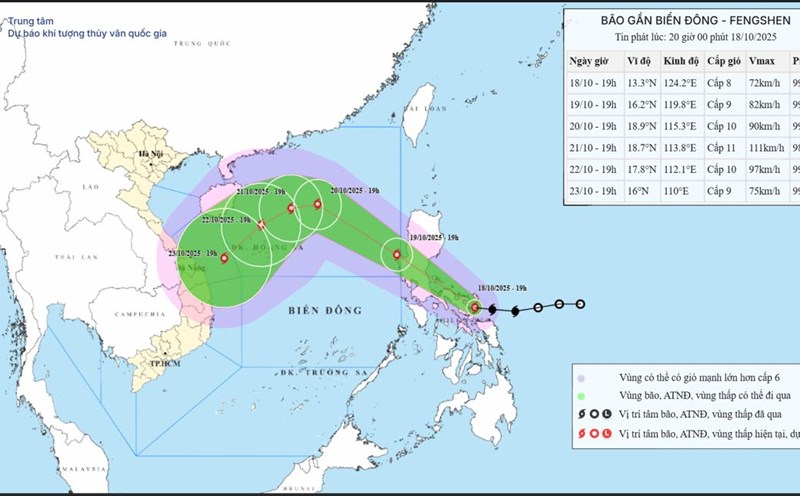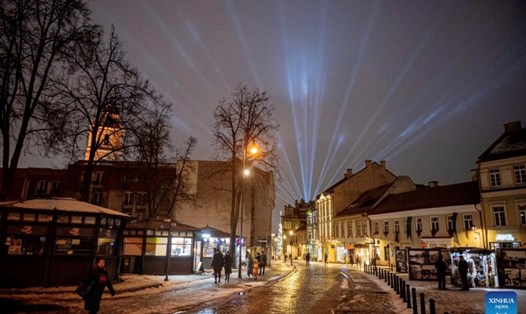Russian attacks have destroyed more than a third of Ukraine's power grid capacity, despite continuous efforts to restore it.
Power grid operators in the Baltic countries (Litvia, Lithuania, Estonia) and Poland are urgently responding to the risk of a UAV attack.
A few days after a Russian unmanned aerial vehicle (UAV) was shot down over Poland last month, the four countries have asked the European Union (EU) to finance half of a €382 million plan to protect the power system. The actual expenditure figure is certainly increasing.
Unmanned-use fence barriers and protective concrete layers for transformer stations and other equipment will appear everywhere, said Rokas Masiulis - Director of litgrid, a state-owned national grid operator in Lithuania. litgrid alone will have to spend hundreds of millions of euros on this effort.
litgrid and its partners in Latvia and Poland are receiving advice from Ukrenergo, the national grid operator of Ukraine.
Most of the protective explosive layers will be joined concrete blocks that Lithuania Energy Minister Zygimantas Vaiciunas calls pses of lego.
More importantly, these projects are designed to shield the repair team from further airstrikes, said Tomas Jermalavicius, a military analyst in tallinn, Estonia.
Barriers and nets against drones are also being installed.
Some of the infrastructure will be underground. The central operating room of the Polish national grid operator (PSE) is currently underground.
However, according to Daniel Wagner - PSE's security director - this location is near Warsaw and is already known. Therefore, in addition to the external protective concrete layers, PSE also plans to build secret underground bulkholes to contain "extremely large operating rooms".
Some other measures are truly deterrent. PSE is establishing an air combat unit, using helicopters, with in-depth training in electrical engineering to be able to fight at or near power plants and transformer stations.
Mr. Wagner said that if the fighting broke out, 60% of the staff would become soldiers, unable to leave their positions to ensure safety for operations. In Vilnius, the capital Lithuania, police are also being trained to protect energy facilities with jamming devices, anti-aircraft guns and shoulder-powered missiles.











